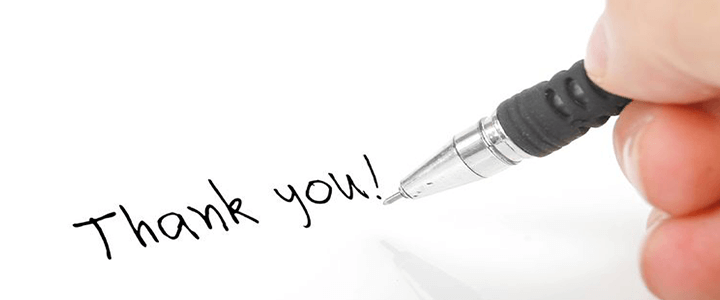You walk out of an interview with that New Job High—you nailed it. You were witty and erudite, you aced that question about your greatest weakness, and all that’s left now is to start thinking about salary numbers. And then a week goes by, and nothing. But don’t worry! It’s only been a week. They have to check the boxes, interview other people to keep up appearances. Then another week goes by. And another. There can’t be that many boxes, right? That job was yours for the taking, so what’s going on over there, and more importantly, is there anything you should do if you don’t hear back from a company?
Yes, says Jody Michael, CEO and founder of Jody Michael Associates, an executive and career coaching company with offices in Chicago, Atlanta, San Francisco, and New York. You could keep on keeping on. “No matter how excited you get about an interview, keep the momentum going,” she says. “Send out more resumes, continue your research.”
During (and immediately after) that next job interview, remember to do these things. Toward the end of most interviews, the interviewer will often give you an opportunity to ask questions. That’s when you lay the groundwork for the post-interview process and the calls to come, Michael explains. “Keep it simple, with a succinct question that covers all bases, like ‘When and how will you notify applicants of your decision?’ or, if it’s a first interview, ‘What are the next steps in the interviewing process for this position?’ Being direct not only helps you set realistic expectations, but also shows the interviewer that you’re an efficient communicator.”
When the interviewer responds, Michael suggests closing with, “Thank you for the opportunity to interview for this position. I look forward to hearing from you,”—and to punctuate this with an authentic smile. Immediately after you leave the interview, find the nearest Starbucks. “Take a half hour to an hour to recap and critically review the interview in your mind, and most importantly, on paper.” She suggests writing down all the questions you can remember, and how you answered them. Note the ones you did well with, and the ones that need improvement.
Ask yourself: If I don’t get a call back (or get offered the job), what’s my gut feeling about the reason? Make a note of it. “Whatever you wrote down,” says Michael, “review it if the call doesn’t come. Focus on closing the gap when you have your next interview with a potential employer.” While you’re jotting down your notes, she suggests writing down the names of everyone who interviewed you. Write a personal thank you note to each individual thanking them for their time, highlighting the salient elements of the conversation, and restating your interest in the position.
Honing in on Recruiter Radar
Thea Kelley, a certified interview coach and author of the recently released book Get That Job! The Quick and Complete Guide to a Winning Interview, explains that after an interview, you need to stay on an interviewer’s radar. “While the job and the interviewer are etched in your mind, the reverse is not true. The various candidates may begin to blur together in their memory.” To correct this, Kelley suggests a phone call the week after an interview, letting them know you’re still very interested and asking if they need any additional information. After another week elapses, consider sending an email message to add something you didn’t bring up in the interview, such as some additional bit of experience.
“Ideally, you may be able to give them a sense that the conversation is continuing, the job is at top of mind for you, and you’re ready to hit the ground running.” Keep following up, Kelley suggests, until you either have an answer from them or have accepted an offer elsewhere. “If you’re the only candidate who does this, you’ll stand out as the one who really wants the job.”
Obviously, this is dependent on the sort of organization you’re dealing with and the job you’re seeking. It’s not an exact science, but in general, highly assertive follow-ups may work best for corporate or non-profit jobs, and work especially well for assertive roles like project manager, sales rep, or department head. “The key to not sounding like a pest is this,” she says. “Don’t repeatedly ask whether they’ve decided. That’s not following up. That’s pestering.” The goal should be helpfulness. “The idea is that you’re keeping them updated and staying in touch.” In her experience as an interview coach, Kelley says she generally sees people err on the side of too little follow-up, as opposed to too much.
Consider also that a good interview might not have been everything you remember. “An interviewer who gabs on about the job may just lack interviewing skills. A great reaction from one interviewer may be vetoed by another.” While you wait, as Jodi Michael also suggested, keep at the job hunt. “Don’t stop pursuing other opportunities until you have a written job offer.” Armed with a new post-interview strategy, it’s only a matter of time.




